News Archive
Thursday, January 19, 2023
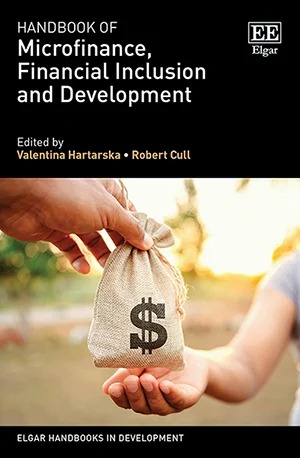
Handbook of Microfinance, Financial Inclusion and Development
Elgar Handbooks in Development
Edited by Valentina Hartarska, Department of Agricultural Economics and Rural Sociology, and Department of Finance, Auburn University, US and Robert Cull, Development Research Group, The World Bank, US.
This timely Handbook collates a range of evidence from top scholars in the field to help readers understand who microfinance reaches, how it helps, and why clients come back. It offers updated views on important concepts that enable a broader framework for understanding poverty and the corresponding financial needs of poor households.
‘This is an outstanding collection of contributions from some of the most highly-respected researchers in the field of microfinance. It provides an excellent overview of the evidence on the success and limitations of microfinance and addresses important topics such as gender and finance, digital finance, and financial literacy. A must-read for anyone interested in microfinance.’
– Niels Hermes, University of Groningen, the Netherlands
‘An impressive collection of articles on many important aspects of microfinance; written by experts in the field and providing a unique and comprehensive overview of where microfinance stands in the 2020s.’
– Thorsten Beck, European University Institute, Italy
Thursday, November 03, 2022
Publication
The Informal Sector and the Environment
Edited By Ranjula Bali Swain & Uma Kambhampati
The informal economy – broadly defined as economic activity that is not subject to government regulation or taxation – sustains a large part of the world's workforce. It is a diverse, complex and growing area of activity. However, being largely unregulated, its impact on the environment has not been closely scrutinised or analysed.
This edited volume demonstrates that the informal sector is a major source of environmental pollution and a major reason behind the environmental degradation accompanying the expansion of economic activity in developing countries. Environmental regulation and economic incentive policies are difficult to implement in this sector because economic units are unregistered, geographically dispersed and difficult to identify. Moreover, given their limited capital base, they cannot afford to pay pollution fees or install pollution abating equipment. Informal manufacturing units often operate under unscientific and unhealthy conditions, further contributing to polluting the environment. The book emphasizes and examines these challenges, and their solutions, encountered in various sectors of the informal economy, including urban waste pickers, small-scale farmers, informal workers, home-based workers, street vendors, and more. If the informal sector is to "Leave no one behind" (as the Sustainable Development Goals promise) and contribute to "inclusive growth" (an objective of the green economy), then its impact on the economy as well as the environment has to be carefully considered.
This book marks a significant contribution to the literature on both the informal economy and sustainable development, and will be of great interest to readers in economics, geography, politics, environment studies and public policy more broadly.
Friday, October 21, 2022
Publication
Journal of Institutional and Theoretical Economics (JITE)
SIMON CORNEE, MARC JEGERS & ARIANE SZAFARZ
Feasible Institutions of Social Finance: A Taxonomy
This paper unpacks the continuum of social finance institutions (SFIs), ranging from foundations offering pure grants to social banks supplying soft loans. The in-between category includes quasi-foundations granting loans requiring partial repayment. In our model, SFIs maximize their social contribution arising from financing successful social projects, under a budget constraint dictated by their funders. We determine the feasibility of each SFI category. Quasi-foundations appear to be efficient and adapted to low market rates. However, reciprocity from SFI borrowers can elicit a so-called hold-up effect, whereby the SFI charges a high interest rate to its loyal clients.
Tuesday, September 20, 2022
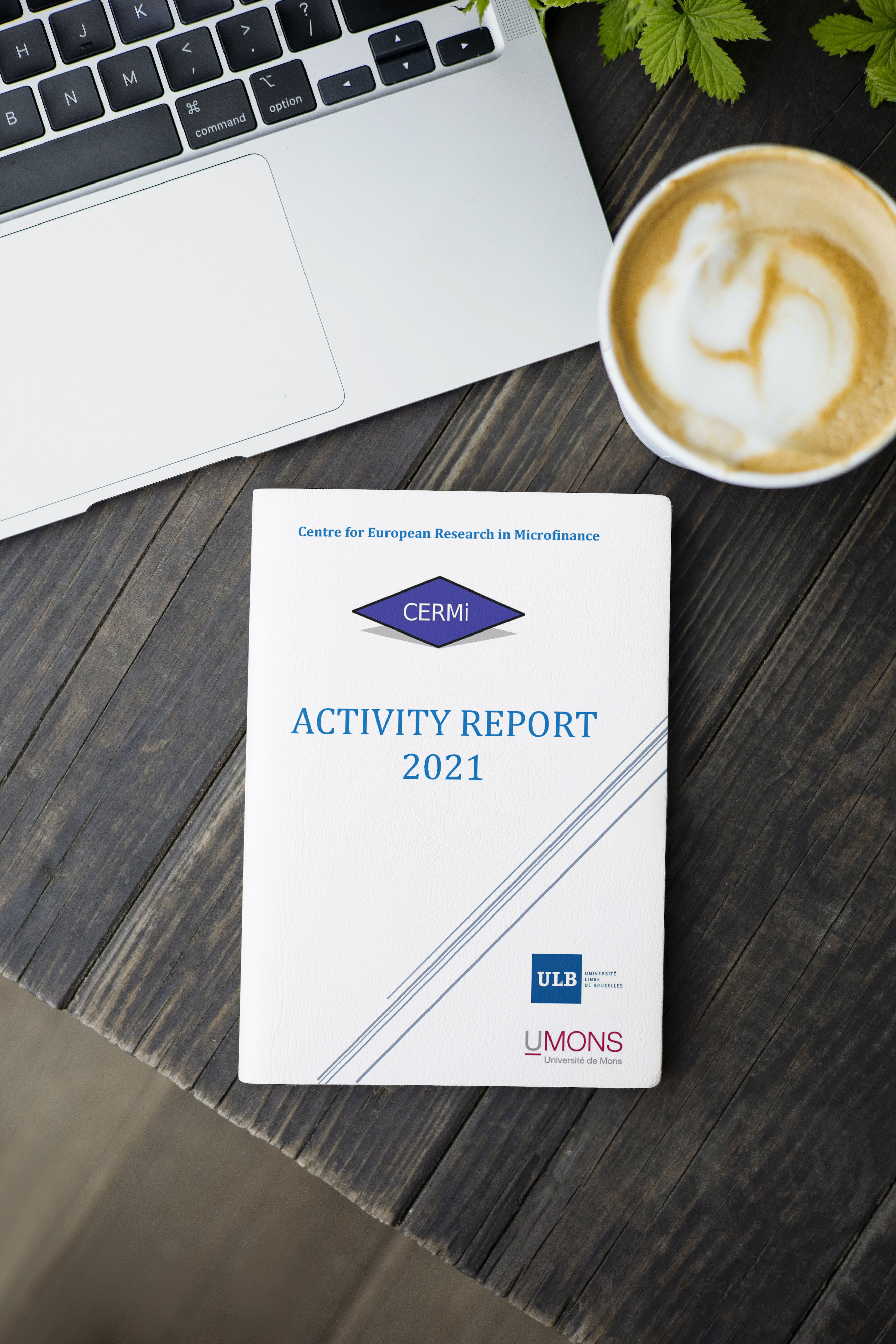 What you'll find in this edition : Update on our members, seminars in 2021... Awards and prizes and editorial positions of our members...2021 publications by CERMi members as well as conferences......and more !
What you'll find in this edition : Update on our members, seminars in 2021... Awards and prizes and editorial positions of our members...2021 publications by CERMi members as well as conferences......and more ! Thursday, September 1, 2022
that Patrick Murhula Cubaka (Catholic University of Bukavu, DRC) will be presenting on Monday, September 5th, 2022 at 2.30 pm at the Seminar Room 222 at Mons University (UMONS).
Thursday, June 9, 2022
Publication
American Economic Association
MARIE BRIERE, JAMES POTERBA & ARIANE SZAFARZ
Precautionary Liquidity and Retirement Saving
This paper argues that role modeling can explain the impact of boardroom gender diversity on corporate performance. It theorizes that female workers are boosted by female leadership, gain increased motivation, and achieve greater productivity, thereby making their female directors more effective. We test this bottom–up approach to the trickle-down hypothesis on data hand-collected among local cooperatives providing microcredit in Senegal. All the organizations surveyed are similar and small, which allows us to use a homogenous performance metric. All of them outsource their human resource management to the same third party, which mitigates the risk of endogeneity. The data cover over 100,000 triads composed of gender dominance on the board, gender of CEO, and gender of credit officer. A better financial performance is achieved when the triad is gender-uniform—be it male or female—confirming the importance of role modeling and suggesting that the performance of female board members depends on the gender composition of the workforce.
Thursday, May 12, 2022
Publication
Small Business Economics
ANAIS PERILLEUX & ARIANE SZAFARZ
Women in the boardroom: a bottom–up approach to the trickle-down effect
This paper argues that role modeling can explain the impact of boardroom gender diversity on corporate performance. It theorizes that female workers are boosted by female leadership, gain increased motivation, and achieve greater productivity, thereby making their female directors more effective. We test this bottom–up approach to the trickle-down hypothesis on data hand-collected among local cooperatives providing microcredit in Senegal. All the organizations surveyed are similar and small, which allows us to use a homogenous performance metric. All of them outsource their human resource management to the same third party, which mitigates the risk of endogeneity. The data cover over 100,000 triads composed of gender dominance on the board, gender of CEO, and gender of credit officer. A better financial performance is achieved when the triad is gender-uniform—be it male or female—confirming the importance of role modeling and suggesting that the performance of female board members depends on the gender composition of the workforce.
Friday, March 11, 2022
Working Paper
WP CEBRIG 22-002
SIMON CORNEE, ANASTASIA COZARENCO, ARIANE SZAFARZ
The Changing Role of Banks in the Financial System: Social versus Conventional Banks
Social banks have emerged as a new group of banks that call themselves as “alternative”, “ethical”, “sustainable”, and “value-based”. Their small market share increases at a rapid pace and is still expected to grow in the future. Social banks are institutions with both (at least some) activities of financial intermediation and one or several non-financial missions, typically based on environmental and social values. By unpacking the observable, real-life differences between social banks and conventional banks, this chapter paves the way to theorizing the multidimensional characteristics of social banks within the global banking industry. Business models, governance issues, lending technologies; and social outcomes appear to be key aspects to understand how innovative, value-based, social banks work and how they might one day substantively affect mainstream banking business.
Monday, March 7, 2022
Working Paper
WP CEBRIG 22-001
ANASTASIA COZARENCO, VALENTINA HARTARSKA, ARIANE SZAFARZ
Monday, February 07, 2022
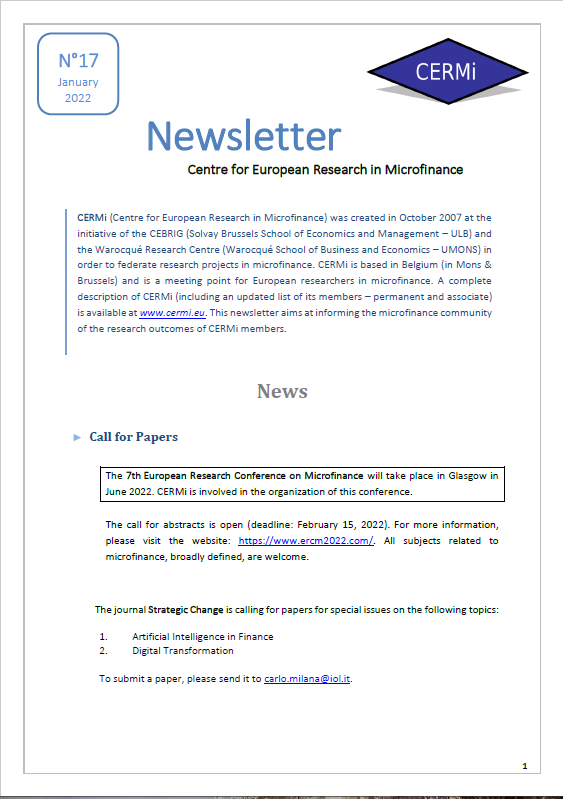
Publication
Discover our 17th CERMi Newsletter !
What you'll find in this edition :
Latest events at CERMi
Awards and prizes
Recent publications by CERMi members
Thursday, January 06, 2022
Call for papers
The 7th European Research Conference on Microfinance will take place in Glasgow in June 2022 and the call for abstracts is open (deadline: 15th February 2022). For more information about the conference and how to submit an abstract, please visit the website: https://www.ercm2022.com/. All subjects related to microfinance, broadly defined, are welcome.
Wednesday, January 05, 2022
Call for papers
Strategic Change is looking for papers on two topics to be put together in two special issues:
- Artificial Intelligence in Finance
- Digital transformation
To submit a paper, please send to carlo.milana@iol.it
Tuesday, January 04, 2022
Happy New Year !
Dear all,
Despite the ups-and-downs, we hope that 2021 has been a successful year for you and your organization.
CERMi wishes you all the best for the New Year.
Happy 2022 !
Monday, January 03, 2022
PhD Thesis Public Defense
 “Microfinance and Industry Dynamics: Analyses of Regulation, Competition, and Collective Action” by Tristan CABALLERO-MONTES (Warocqué School of Business and Economics, UMONS), under the supervision of Prof. Marc Labie (UMONS & ULB, BE) and Dr Cécile Godfroid (UMONS, BE). On January 27, 2022.
“Microfinance and Industry Dynamics: Analyses of Regulation, Competition, and Collective Action” by Tristan CABALLERO-MONTES (Warocqué School of Business and Economics, UMONS), under the supervision of Prof. Marc Labie (UMONS & ULB, BE) and Dr Cécile Godfroid (UMONS, BE). On January 27, 2022.
Friday, December 17, 2021
Visiting Professors
Pr. Pascal Wélé (Université d'Abomey-Calavi, Benin) spent two months (November and December, 2021) at CERMi as part of a research project on microfinance regulation, in collaboration with Professor Marc Labie and Tristan Caballero-Montes. He was based at the Université de Mons (UMONS, BE).
Pr. Simon Cornée (Université de Rennes 1, FR) spent one week (September 2021) at CERMi as part of a course on microfinance at the EMP. He was based at the Université libre de Bruxelles (ULB, BE).
Dr. Samuel Anokye Nyarko (Montpellier Business School, FR) spent one week (November 2021) at CERMi as part of a course on microfinance at the EMP. He was based at the Université libre de Bruxelles (ULB, BE).
Pr. Anastasia Cozarenco (Montpellier Business School, FR) spent one week (December 2021) at CERMi as part of a course on microfinance at the EMP. She was based at the Université libre de Bruxelles (ULB, BE).
Friday, October 29, 2021
CERMi Seminar
CERMi is pleased to invite you to the seminar 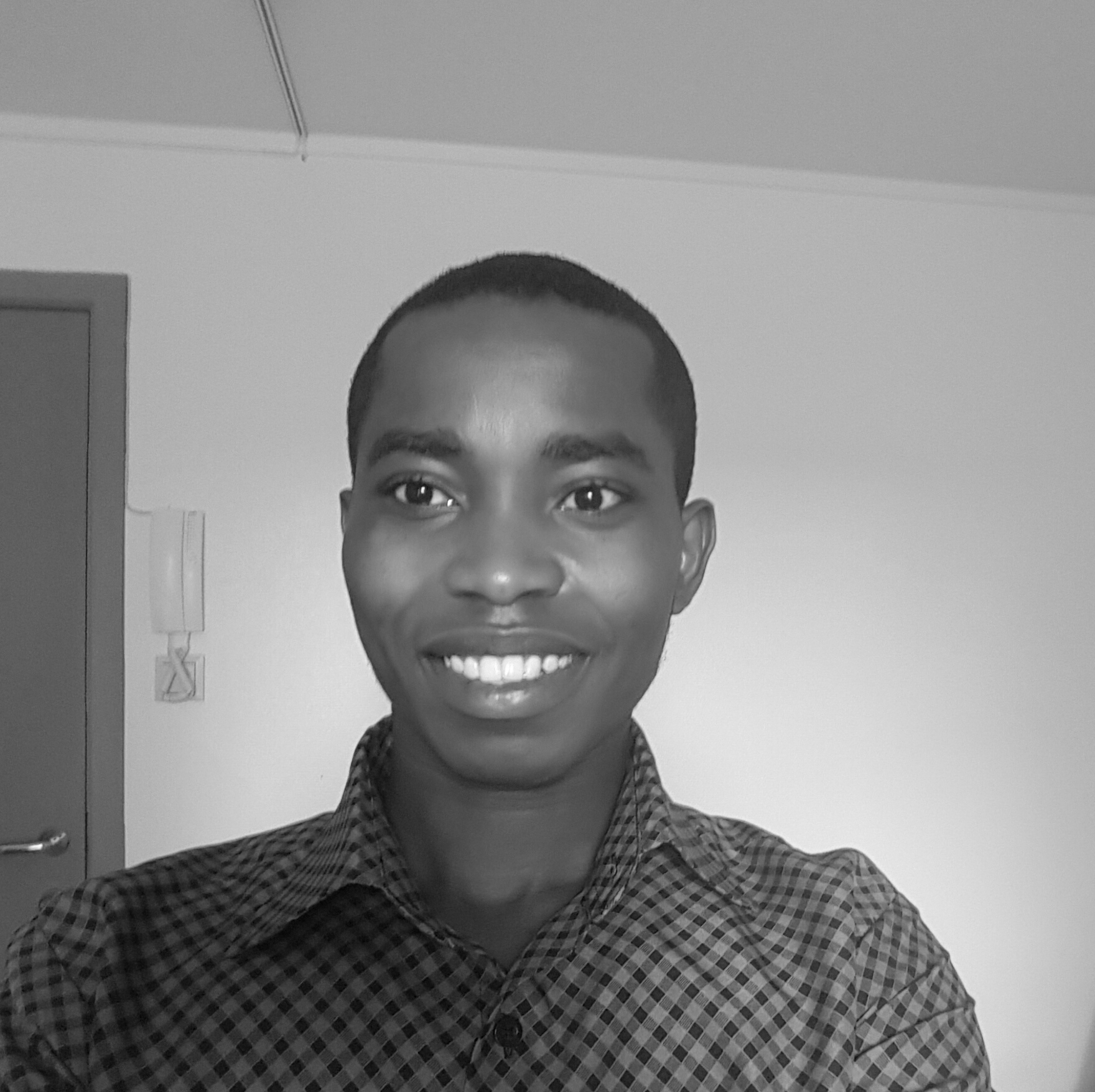
that Samuel Anokye Nyarko (Montpellier Business School and CERMi ) will be presenting on Wednesday, November 24th, 2021 at 3.30pm at the Université libre de Bruxelles (ULB), Solvay Brussels School of Economics and Management (room R42.2.107).
You will find below the announcement for the seminar and attached a PDF announcement, that you may print for display on your announcement boards.
Please confirm your attendance to cermi@ulb.be at the earliest.
Thursday, October 28, 2021
Publication
JOURNAL OF BUSINESS RESEARCH
CÉCILE GODFROID, NAOME OTITI, ROY MERSLAND
Employee tenure and staff performance: The case of a social enterprise
The literature on social enterprises has largely examined tradeoffs at the organizational level. In this study, we examine tradeoffs at the employee level. By analyzing the case of an Ecuadorian microfinance institution, we show that the tenure of social enterprise employees affects individual social and financial performance differently: the relationship between tenure and social performance is positive, whereas the relationship between tenure and financial performance is an inverted U-shape. Furthermore, our results suggest that social enterprise employees with the longest tenure are the least inclined to experience tradeoff tensions.
Tuesday, October 19, 2021
Call for Papers
PRACTICAL ACTION PUBLISHING Special Edition: Food Loss and Waste
EDM invites researchers and practitioners to contribute unique articles to the upcoming special edition: Food loss and waste, agriculture and food systems in developing countries: emerging themes and issues The issue will be published in Autumn 2022. The deadline for abstracts is 1 February 2022 and 1 March 2022 for draft submissions.
EDM encourages critical thinking on how market systems and financial sectors can be more inclusive and sustainable, with concrete implications for designing, implementing, and evaluating programmes in the global South. EDM is essential reading for practitioners, researchers, donors, policymakers, and finance specialists that facilitate the benficial engagement of disadvantaged communities in economic sectors.
Contributions to EDM may include:
• Research article: original development-relevant research, peer-reviewed, up to 6000 words
• Perspectives from the field: ideas and experiences on entrepreneurship in developing countries, peer-reviewed, up to 4000 words
• Editorial: reflections on the state of market-oriented research and development practice
• Crossfire: debate between experts on the unknowns, dilemmas, and tensions in microfinance and enterprise development
• Book review: critical thoughts on relevant books and manuscripts
Articles should be submitted via EDM online submission and peer review system www.edmgr.com/edm
Download the pdf file to read more about the call for papers.
August 17, 2021 - New working paper
WP-CEBRIG: N°21-014
PATRICK REICHERT, MAREK HUDON, ARIANE SZAFARZ & ROBERT K. CHRISTENSEN
In today’s multisector configurations, there is little clarity about whether and how public and private subsidies influence social enterprises’ pursuit of financial stability. We address the strategic role of donors in the social-business life cycle whereby social enterprise start-ups rely on subsidies, while mature social enterprises strive for independence from donors. To address the “missing middle,” we develop a typology of subsidy instruments and an intermediary signaling model to clarify how subsidies shape the evolution of outcomes for social enterprises. We argue that source variation matters for certain instruments like corporate intangibles and governmentally subsidized credit guarantees, which trigger crowding-in effects and attract commercial partners, while preventing perverse crowding-out effects, such as soft budget constraints. To illustrate this commercialization story, we draw upon a microfinance case study, demonstrating how public and private donors can induce crowding-in and crowding-out effects. In short, our subsidy typology helps unpack the signals that public and private subsidies send to commercial funders of social enterprises and how they shape the path to future financial independence.
June 25, 2021 - New publication
The Activity Report 2020 is available !
May 10, 2021 - New working paper
WP-CEBRIG: N°21-005
ANAIS A PERILLEUX & ARIANE SZAFARZ
"Women in the boardroom: A bottom-up approach to the tickle-down effect"
March 25, 2021 - New working paper
WP-CEBRIG: N°21-003
GREGOR DORFLEITNER, DAVIDE FORCELLA & QUYNH ANH NGUYEN
"Why microfinance institutions go digital: An empirical analysis"
While the role of digital solutions to foster financial inclusion and the development of the microfinance sector are widely acknowledged, questions concerning the variation in the ability and willingness of microfinance institutions’ (MFIs) adoption of these tools remain unanswered. This paper studies the determinant of the use of digital support solutions in the microfinance sector by using a global sample of MFIs derived from a survey by YAPU Solutions on rural lending and IT solutions. We discover the evidence that suggests the adoption of these tools is consistent with the social performance of MFIs. Furthermore, the results of the study indicate that the profitability of the institutions is associated with a larger application of digital support solutions. Macroeconomic factors, the development of the country in which the institution is located, also impact MFIs’ decisions regarding integrating digital solutions into their services and internal operational processes.
February 08, 2021 - New working paper
WP-CEBRIG: N°21-001
SIMON CORNEE, MARC JEGERS & ARIANE SZAFARZ
"Feasible Institutions of Social Finance: A Taxonomy"
This paper unpacks the continuum of social finance institutions (SFIs), ranging from foundations offering pure grants to social banks supplying soft loans. The in-between category includes under-researched “quasi-foundations” granting loans requiring partial repayment. We develop a model under which SFIs maximize their social contribution arising from financing successful social projects, under a budget constraint dictated by their funders. Our model determines the feasibility of each SFI category and reveals that quasi-foundations are efficient and adapted to environments with low market rates. Finally, we show that value-based unconditional reciprocity from SFI borrowers can elicit a so-called “hold-up” effect, whereby the SFI maximizing its social contribution charges a high interest rate to its loyal clients.
January 12, 2021 - EMP Recruitement Campaign
The EMP starts its 2021-2022 recruitment campaign!
The European Microfinance Programme (EMP) is pleased to inform you that its recruitment campaign for academic year 2021-2022 has started. The full programme and the application file are downloadable from the EMP website: www.europeanmicrofinanceprogram.org.
Launched in 2005, the EMP is co-organized by three universities: Université libre de Bruxelles (ULB), Université de Mons (UMONS) and Université Paris-Dauphine and four NGO partners: ADA, BRS, CERISE and SOS Faim. The courses take place in Brussels, on the premises of the Solvay Brussels School of Economics and Management (ULB).
The EMP is designed by microfinance experts to offer a unique blend of theory and practice. The purpose of the programme is to develop future professionals in microfinance who will contribute to the strengthening of microfinance institutions worldwide, in accordance with the highest international standards.
Information regarding admission requirements and application procedures are available on the EMP website: www.europeanmicrofinanceprogram.org
Monday, December 21, 2020
Job Position
Researcher for a study assignment relating to inter-enterprises mutual credit
The CERMi offers an 80% research position for a period of one year for a study assignment relating to inter-enterprise mutual credit in the Brussels-Capital Region. The project is being carried out as a subcontractor for Financité ASBL.
Deadline for applications, January 8, 2021
Monday, December 14, 2020
Seminar
CERMi, ULB and UMons organizes the research seminar
« The Future of Social Entrepreneurship »
This research seminar will be held online via zoom
Thursday, December 10, 2020
Press Article
Via THE CONVERSATION
ANASTASIA COZARENCO and ARIANE SZAFARZ
Thursday, December 03, 2020
Seminar
CERMi member Tristan Caballero-Montes
is presenting the Brown Bag Seminar
Discussant: Bart d'Espellier
On Microsoft Teams
Monday, November 02, 2020
New Working Paper
WP-CEB: N°20-012
ANASTASIA COZARENCO & ARIANE SZAFARZ
"The Regulation of Prosocial Lending: Are Loan Ceilings Effective?"
Regulatory loan ceilings are commonly found in the prosocial lending sector, yet they can have unintended perverse effects. By mitigating the risk of adverse selection, loan caps catalyze co-financing arrangements between subsidized lenders and commercial banks. These arrangements can, in turn, crowd out the most vulnerable borrowers, i.e. those typically targeted by regulators. To assess this claim, we proceed in two steps. First, we build a theoretical model. Second, we test it, drawing on a rich hand-collected dataset on the clientele of an unregulated French microcredit provider that turned into a regulated institution following a shock affecting its funding sources. Using a difference-in-differences linear probability model with propensity score matching, we empirically confirm the theoretical prediction that the imposition of a loan ceiling will lead to missiondrift.
Thursday, September 17, 2020
Seminar
Delaram Najmaei Lonbani 
is presenting the Brown Bag Seminar
The performance of microfinance institutions: An analysis of the local and legal constraints
Discussant: Marek Hudon
Tuesday, September 01, 2020
Publication
Discover our 16th CERMi Newsletter!
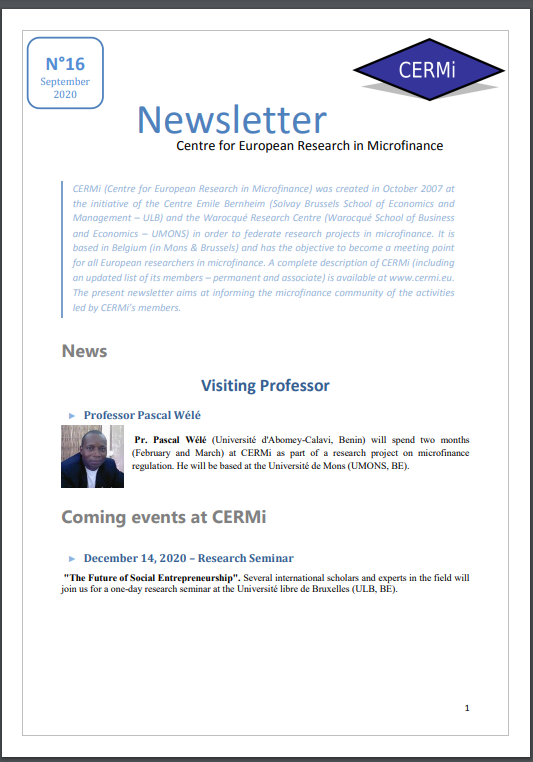
What you'll find in this edition :
Coming events at CERMi
Recent events at CERMi
Awards and prizes
Recent publications by CERMi members
Thursday, May 07, 2020
Publication

The Activity Report 2019 is available !
Tuesday, January 21st, 2020
Seminar
CERMi (ULB) organizes the research seminar.jpg)
"The Support Fonction of Social Entrepreneurial Ecosystems"
by Nicolay DENTCHEV (VUB, BE)
This research seminar will be held at 2.30pm at ULB.
Wednesday, November 27, 2019
Seminar
CERMi (UMons) organizes the research seminar
"Poverty through the lenses of Financial inclusion: Evidence from Armenia"
by Knar KHACHATRYAN (American University of Armenia)
This research seminar will be held at 3.30pm in the Seminar room 206P of Université de Mons (UMONS), Warocqué School of Business and Economics.
Wednesday, October 23, 2019
Publication
Discover our 15th CERMi Newsletter (October 2019)
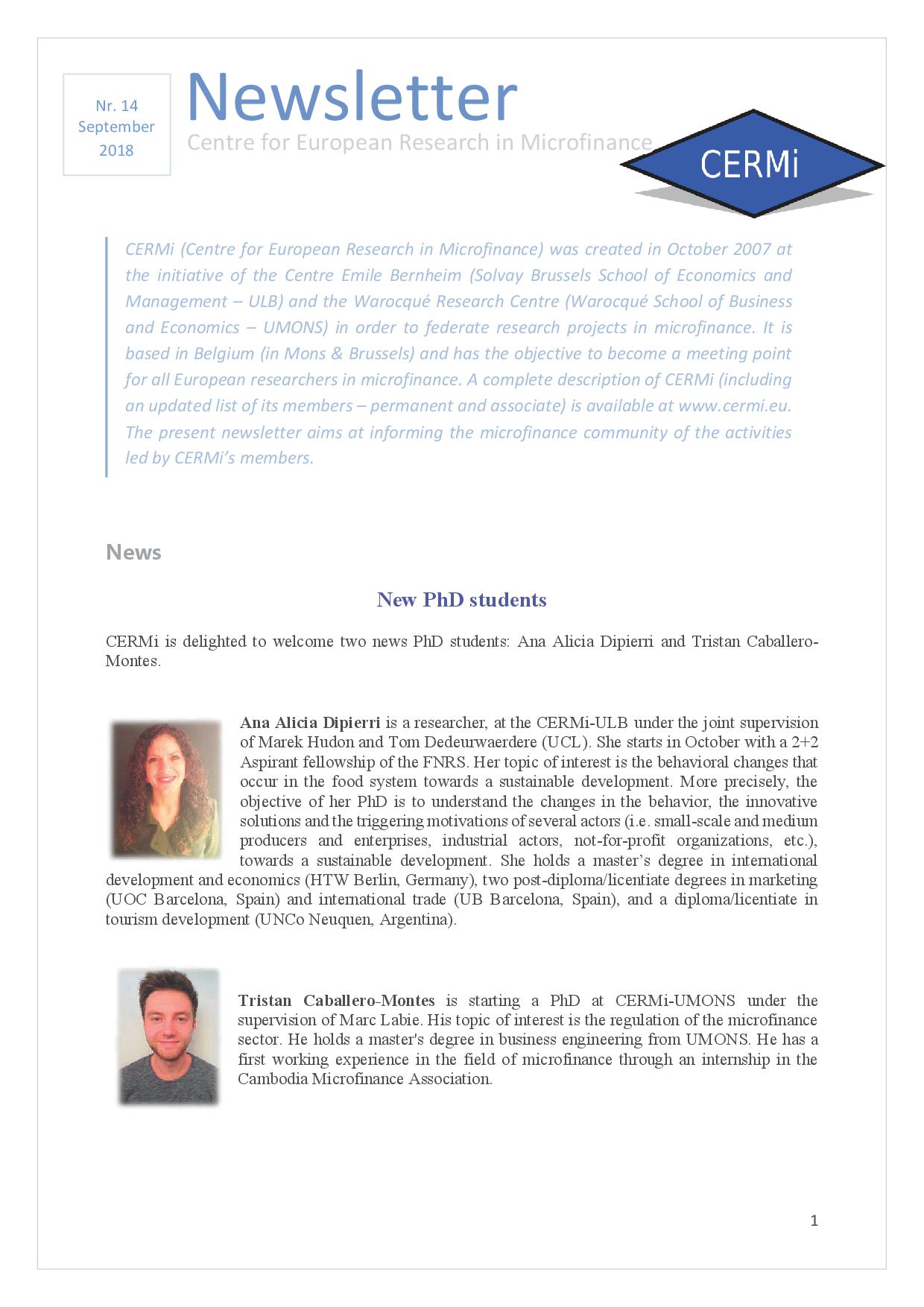
What you'll find in this edition :
Coming events at CERMi
Recent events at CERMi
Awards and prizes
Recent publications by CERMi member
Monday, September 23, 2019
Award
 CERMi is happy to announce that CERMi member Dr. Simon Cornée (University of Rennes 1) has successfully obtained the highest French university degree named HDR (habilitation à diriger les recherches) under the title “Social Finance: value, capital, and governance [Finance sociale: valeurs, capital et gouvernance]”.
CERMi is happy to announce that CERMi member Dr. Simon Cornée (University of Rennes 1) has successfully obtained the highest French university degree named HDR (habilitation à diriger les recherches) under the title “Social Finance: value, capital, and governance [Finance sociale: valeurs, capital et gouvernance]”.
The Committee included: Pierre-Yves Gomez (EM Lyon Business School), Benedetto Gui (Sophia University Institute), Marthe Nyssens (University of Louvain), Sébastien Pouget (Toulouse School of Economics), Hélène Rainelli-Weiss (University of Rennes 1), and Jean-Laurent Viviani (University of Rennes 1).
Thursday, September 19, 2019
Seminar

CERMi (ULB) organizes the research seminar
“The gender of debt and the financialisation of development. Insights from rural southern India”
by Elena Reboul (IRD-Cessma, French Institute of Pondicherry)
This research seminar will be held at 3.00pm in the Seminar Room R42.2.110 of the Solvay Brussels School of Economics and Management (ULB, Brussels) on 25th of September.
Monday, August 26, 2019
Award

Patrick Reichert, former CERMi PhD student at Solvay Brussels School of Economics and Management, Université libre de Bruxelles, was recently recognized for his doctoral work on social finance by Emerald Group Publishing Ltd, publisher of the largest collection of international business and management journals, and EFMD, an international not-for-profit membership organisation with over 900 members from academia, business, public sector and consultancy. His work was one of 27 doctoral theses awarded highly commended status from more than 250 submissions. The Outstanding Doctoral Research Awards recognize the best doctoral research across ten categories, of which Patrick’s work was selected for the finance category sponsored by Managerial Finance.
Patrick’s work examines the tensions that a double bottom line approach places on social enterprises and the funding mechanisms that are used to scale up social enterprises with the ultimate aim of attracting commercial private capital. The constructs developed across the chapters inform the general debate on social finance by identifying the conditions in which financial and social returns can be generated simultaneously. Practically, the dissertation provides a better understanding of the mechanisms used in social finance and aims to show where compromise between donors, investors and social enterprises should be expected. His first chapter, A meta-analysis examining the trade-offs in microfinance, is out now in Oxford Development Studies where it was recently awarded the 2017/18 Sanjaya Lall Student Prize for the best article written by a PhD student in the last two annual volumes of the journal. Another chapter, What is a fair level of profit for social enterprise? Insights from microfinance, is forthcoming in the Journal of Business Ethics. Patrick’s thesis was carried out under the joint supervision of Ariane Szafarz and Marek Hudon. Jury members include fellow CERMi members: Begoña Gutiérrez-Nieto, Marc Labie and Gregor Dorfleitner.
Patrick Reichert is currently a Research Fellow in Social Innovation at the elea Chair for Social Innovation at IMD in Lausanne, Switzerland where his research focuses on impact investing, entrepreneurial finance and social innovation.
Wednesday, August 21, 2019
Public Thesis Defense
“Microfinance and Financial Inclusion: Facing some Key Challenges”
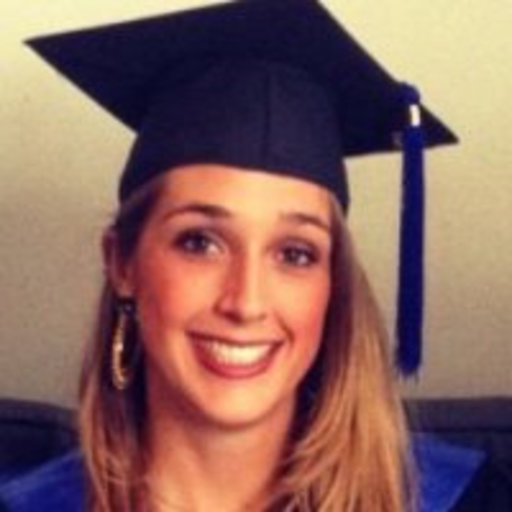 Laure RADERMECKER, CERMi PhD student, will publicly defend her PhD thesis on August 28, 2019, at the University of Mons (UMONS).
Laure RADERMECKER, CERMi PhD student, will publicly defend her PhD thesis on August 28, 2019, at the University of Mons (UMONS).
Under the supervision of Professor Marc LABIE (UMons, ULB, BE).
Wednesday, July 10, 2019
Publication
We are proud to announce that the book “A Research Agenda for Financial Inclusion and Microfinance”, edited by Marek Hudon, Marc Labie and Ariane Szafarz, has been published by Edward Elgar.
 Drawing on renowned experts in microfinance and financial inclusion, this Research Agenda sheds much-needed light on this multifaceted challenge and points the way ahead for future research. Providing a critical and multidisciplinary approach to research in microfinance and financial inclusion, the authors provide a state-of-the-art overview of current scholarly knowledge on the provision of financial services to disadvantaged populations worldwide. Reviewing the literature on the subject from the fields of economics, management science and development studies, they discuss the limitations and challenges of current research and chart avenues for future developments (find more information on: https://www.e-elgar.com/shop/a-research-agenda-for-financial-inclusion-and-microfinance).
Drawing on renowned experts in microfinance and financial inclusion, this Research Agenda sheds much-needed light on this multifaceted challenge and points the way ahead for future research. Providing a critical and multidisciplinary approach to research in microfinance and financial inclusion, the authors provide a state-of-the-art overview of current scholarly knowledge on the provision of financial services to disadvantaged populations worldwide. Reviewing the literature on the subject from the fields of economics, management science and development studies, they discuss the limitations and challenges of current research and chart avenues for future developments (find more information on: https://www.e-elgar.com/shop/a-research-agenda-for-financial-inclusion-and-microfinance).
Thursday, June 11, 2019
Seminar
CERMi UMons organizes the research seminar
Organizing logics multiplicity in hybrid organizations – the role of organizational culture
by Dr. Alexander Pinz (University of Mannheim)
Monday, June 01, 2019
Publication
The Activity Report 2018 is available!
Friday, January 11, 2019
Award



CERMi is proud to announce that the 2019 Warren Samuels Prize was awarded to the article “Too Many Cooks Spoil the Broth: The Conflicting Impacts of Subsidies and Deposits on the Cost-Efficiency of Microfinance Institutions” authored by Anastasia Cozarenco (Montpellier Business School, France, and CERMi), Valentina Hartarska (Auburn University, USA) and Ariane Szafarz (ULB, SBS-EM, Centre Emile Bernheim, and CERMi,
Belgium)
The Warren Samuels Prize is awarded by the Association for Social Economics (ASE) to a paper, presented at the Allied Social Science Associations (ASSA) Meetings, that best exemplifies scholarly work that is of high quality, is important to the project of social economics, and has broad appeal across disciplines.
The rewarded article (https://ideas.repec.org/p/sol/wpaper/2013-280911.html) evaluates how subsidies affect the cost-efficiency of microfinance institutions (MFIs) while accounting for endogenous self-selection into the business models of credit-only versus credit-plus-deposit MFIs. The findings suggest that unsubsidized credit-plus-deposit MFIs have achieved optimal capacity and therefore constitute the most cost-efficient group of institutions. In addition, the unsubsidized credit-only MFIs are the farthest away from their minimum cost. Between the two polar cases, there are subsidized institutions, among which the credit-only ones are closer to optimal capacity. The results reveal the redundancy between subsidization and deposit-taking in microfinance. Combining funds from donors and depositors tends to harm cost-efficiency.
Tuesday, September 11, 2018
Publication
Discover our 14th CERMi Newsletter (September 2018)
What you'll find in this edition :
Coming events at CERMi
Recent events at CERMi
Awards and prizes
Recent publications by CERMi member
Wednesday, August 8, 2018
Public Thesis Defense
“Human Resources in Social Enterprises: The Case of Microfinance Loan Officers”
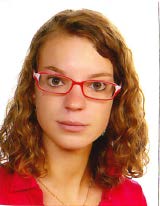
Cécile Godfroid, CERMi PhD student, will publicly defend her PhD thesis on August 31, 2018, at 3.30pm at the University of Mons (UMONS). The defense will be held in room Hotyat.
Thurdsay, April 26, 2018
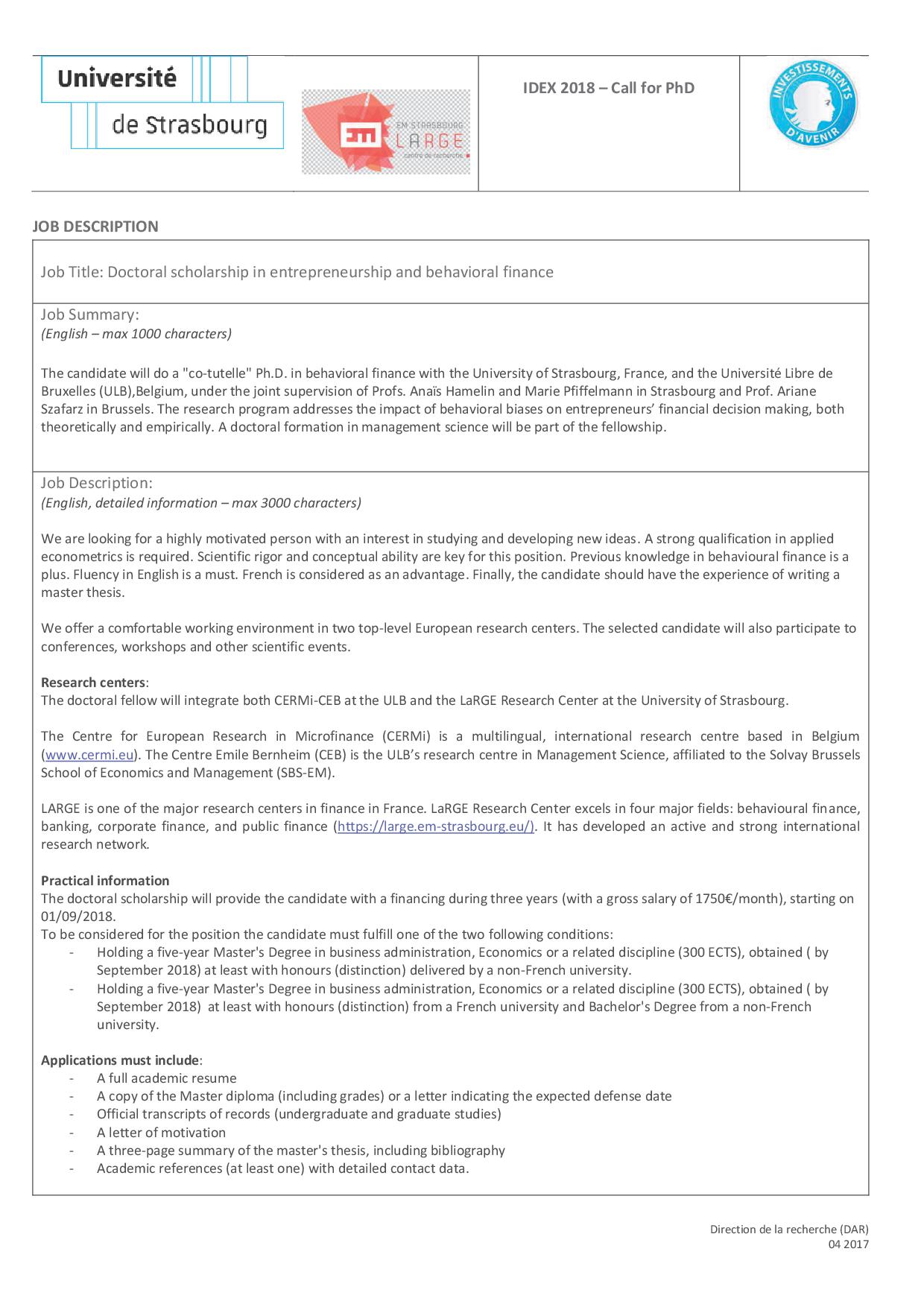 Doctoral Scholarship in Entrepreneurship
Doctoral Scholarship in Entrepreneurship
and Behavioral Finance
Wednesday, April 18, 2018
The Activity Report 2017 is available! 01_.jpg)
Thursday, February 15, 2018
CERMi is proud to announce that Ephrem Niyongabo, former PhD student, joined the World Bank since February 15, 2018 as Economist for Burundi based in Bujumbura, within the Macroeconomics, Trade and Investment (MTI) Global Practice, East Africa Unit.
Ephrem Niyongabo successfully defended his PhD Thesis in Economics and Management on January 2011, at the Warocqué School of Business and Economics (CERMi - University of Mons).
Prior to joining the World Bank, he worked as Expert Advisor to the Board in charge of Monetary Policy and Financial Markets at the Bank of the Republic of Burundi (November 2015 to mid-February 2018); as Senior Research Economist in Private Sector Development, Regional Integration and Trade Policies at the Institute for Economic Development in Burundi (May 2011 and October 2015); and as consultant and researcher for national and international institutions operating in Burundi (e.g. AfDB, UNDP, ACBF, EU, BTCCTB).
Congratulations to him!
Monday, January 29, 2018
Public Seminar:
"Corporate Governance in Microfinance"
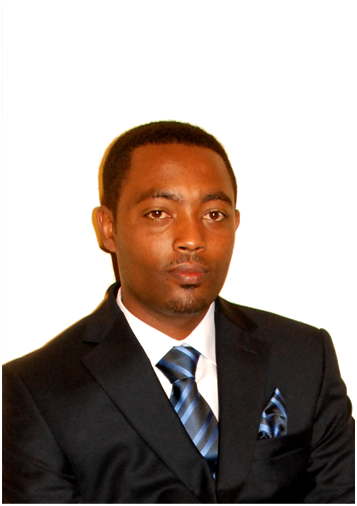 Muluneh Hideto Dato, CERMi PhD student, will present his Public Seminar on February 1, 2018, at 2.00pm at the Solvay Brussels School of Economics and Management (ULB, Brussels). The seminar will be held in room R42.2.110.
Muluneh Hideto Dato, CERMi PhD student, will present his Public Seminar on February 1, 2018, at 2.00pm at the Solvay Brussels School of Economics and Management (ULB, Brussels). The seminar will be held in room R42.2.110.
The Public Defense will be held on February 8, 2018, at University of Agder (Norway).
Thursday, December 14, 2017
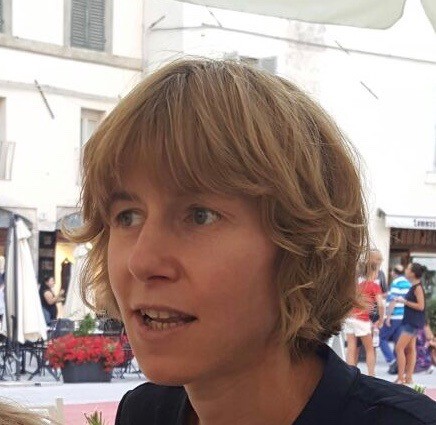
CERMi is proud to announce that Carolina Laureti, who did her PhD at CERMi and a Postdoc both at UC Berkeley and at CERMi, will be a Lecturer at the University of Groningen (Department of Economics, Econometrics, and Finance) in The Netherlands, starting from January 15, 2018. Congratulations to Carolina!
Tuesday, November 21, 2017
Call for papers for a special issue in Journal of Business Ethics on The Ethics of the Commons. Guest Editors: Helen Haugh, Marek Hudon (CERMi co-director), Camille Meyer (CERMi former PhD Student and current Associate Researcher) and Ana Maria Peredo.
More information here
Submission deadline: 15 December 2018
Tuesday, November 14, 2017
 CERMi is pleased to announce that Camille Meyer, a Former CERMi PhD student, has received from the FIR-PRI AWARDS Finance and Sustainability the Best PhD Thesis 2017 Award for his thesis "Social Finance and the Commons". For information: http://www.fir-pri-awards.org/awardees#2017-best-phd-tab
CERMi is pleased to announce that Camille Meyer, a Former CERMi PhD student, has received from the FIR-PRI AWARDS Finance and Sustainability the Best PhD Thesis 2017 Award for his thesis "Social Finance and the Commons". For information: http://www.fir-pri-awards.org/awardees#2017-best-phd-tab
Tuesday, October 31, 2017
CERMi is pleased to announce that the first e-learning on Green Microfinance is now online on the e-MFP Microfinance and Environment Action Group webpage:
http://www.e-mfp.eu/actions-groups/microfinance-environment
The e-learning provides an introduction to the various dimensions of green microfinance and it presents, in an interactive way, some of the existing tools, projects and research results in this innovative sector of inclusive finance. The e-learning is addressed to all stakeholders, including researchers and practitioners, interested to know more on the green side of inclusive finance. Some exercises and an interactive quiz are also proposed.
We are proud to announce that the e-learning on Green Microfinance has been developed by CERMi associate researchers: Marion Allet and Davide Forcella for University Meets Microfinance.
The e-learning is freely available. To receive login and password, please email e-MFP at: contact@e-mfp.eu.
Wednesday, October 25, 2017
 CERMi is pleased to announce that Cécile Godfroid, a CERMi PhD student at University of Mons (UMONS), has received from ADA the Best Research Paper Award at the Research Meets Africa (Addis Abeba, ET) for her paper "Relationship Lending in Microfinance : How does it Impact Client Dropouts?".
CERMi is pleased to announce that Cécile Godfroid, a CERMi PhD student at University of Mons (UMONS), has received from ADA the Best Research Paper Award at the Research Meets Africa (Addis Abeba, ET) for her paper "Relationship Lending in Microfinance : How does it Impact Client Dropouts?".
For information: https://www.linkedin.com/company/3077282/
Monday, September 18, 2017
New article in Oxford Development Studies by CERMi researchers Marc LABIE, Carolina LAURETI, and Ariane SZAFARZ:
"Discipline and Flexibility: A Behavioural Perspective on Microfinance Product Design"
Thursday, September 14, 2017
Discover our 13th CERMi Newsletter (September 2017)!
What you'll find in this edition :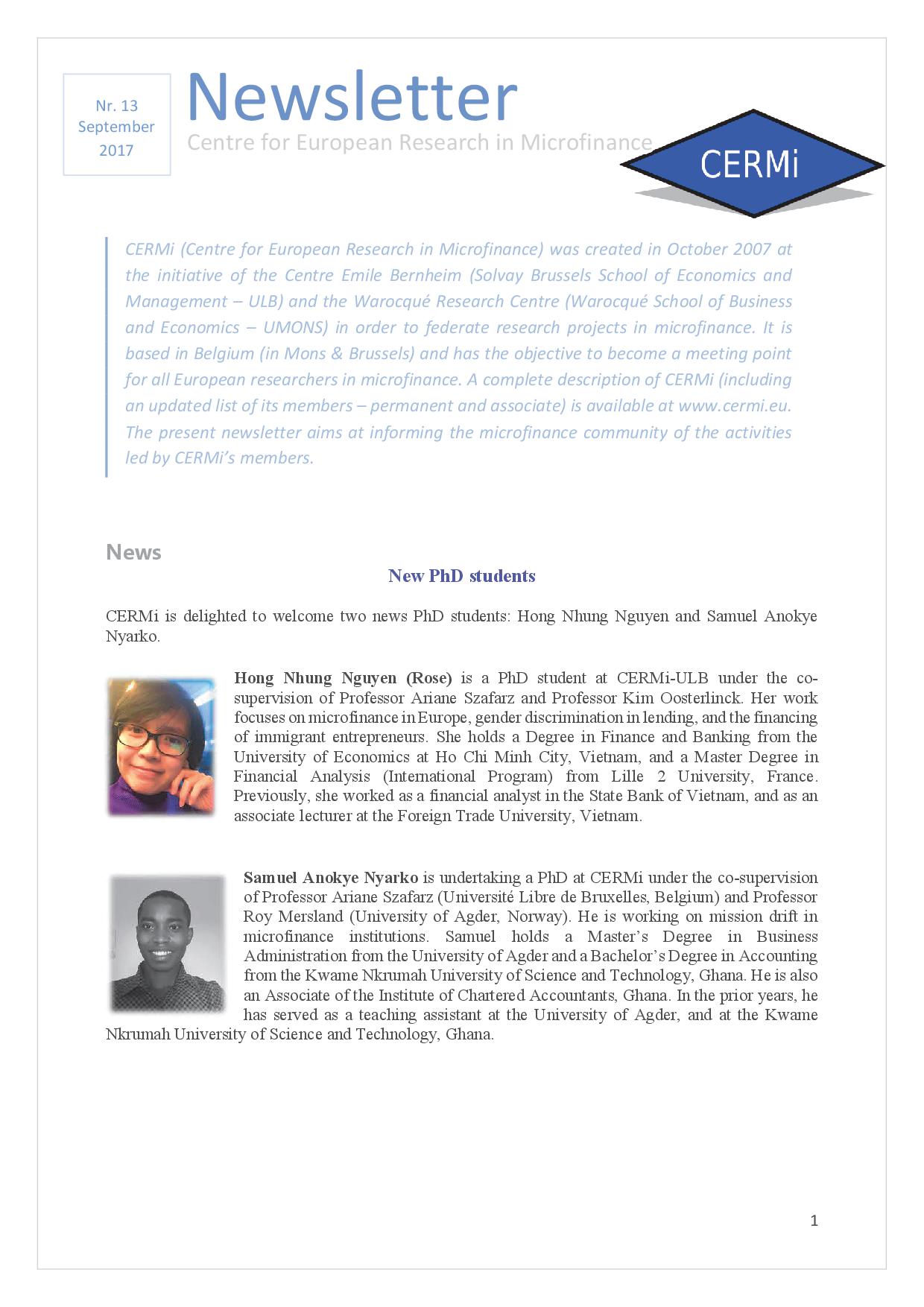
- Coming events at CERMi
- Recent events at CERMi
- Awards and prizes
- Recent publications by CERMi members
Monday, August 28, 2017
Public Thesis Defense:
“Complementary Currencies and Environmental Sustainability”
 Hélène Joachain, CERMi PhD student, will publicly defend her PhD thesis on September 4, 2017, at 4.00pm at the Solvay Brussels School of Economics and Management (ULB, Brussels). The defense will be held in room R42.2.110
Hélène Joachain, CERMi PhD student, will publicly defend her PhD thesis on September 4, 2017, at 4.00pm at the Solvay Brussels School of Economics and Management (ULB, Brussels). The defense will be held in room R42.2.110
Wednesday, June 28, 2017

CERMi is pleased to announce that Muluneh Hideto Dato, a CERMi PhD student, has received from the European Microfinance Platform the Best PhD Paper Award at the 5th European Research Conference on Microfinance (Portsmouth, UK) for his paper "Association between Microfinance Social Rating Scores and Governance Structure: A Global Survey."
Muluneh Hideto Dato is doing his PhD in Management Sciences under the joint supervision of Prof. Marek Hudon at Université libre de Bruxelles (ULB), Belgium, and Prof. Roy Mersland at University of Agder (UiA), Norway. He benefits from a fellowship from the Marie-Christine Adam Foundation (ULB) and the University of Agder (UiA). For information: http://www.e-mfp.eu/news-and-events/best-phd-paper-award-5th-european-research-conference-microfinance
Thursday, June 8, 2017



CERMi (ULB) will organize together with CIRTES (UCL) and CREM (Université de Rennes 1) two workshops on social finance on 3 July 2017. These workshops will be organized in Louvain-La-Neuve as part of the Transdisciplinary Forum of the EMES research network conference.
More information and registration here
Tuesday, May 23, 2017
_.jpg) Doctoral Fellowship on Social Economy & Common Goods Management
Doctoral Fellowship on Social Economy & Common Goods Management
Monday, April 3, 2017
Public Thesis Defense:
“Social Finance and the Commons”
 Camille Meyer, CERMi PhD student, will publicly defend his PhD thesis on April 21, 2017, at 2.00pm at the Solvay Brussels School of Economics and Management (ULB, Brussels). The defense will be held in room AW1.121.
Camille Meyer, CERMi PhD student, will publicly defend his PhD thesis on April 21, 2017, at 2.00pm at the Solvay Brussels School of Economics and Management (ULB, Brussels). The defense will be held in room AW1.121.
Monday, April 3, 2017
The Activity Report 2016 is available! .jpg)
Thursday, March 30, 2017
Marek Hudon, CERMi’s Co-director, has been appointed as member of the Editorial Board of The Journal of Business Ethics in March 2017.
The Journal of Business Ethics is the leading journal in the field of business ethics. It belongs to the Financial Times list of top journals in management sciences.
Congratulations to Marek Hudon for this prestigious appointment!
Wednesday, March 15, 2017
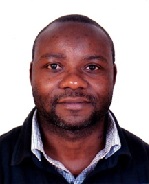 Our former PhD student, Eddy Balemba Kanyurhi, has received a postdoctoral fellowship ELAN 2017 from ARES (Académie de Recherche et d' Enseignement Supérieur).
Our former PhD student, Eddy Balemba Kanyurhi, has received a postdoctoral fellowship ELAN 2017 from ARES (Académie de Recherche et d' Enseignement Supérieur).
Congratulations to him!
Friday, February 17, 2017
Public Thesis Defense:
“Essays on Intra-household Decision-making, Gender and SocioEconomic Development”
 Rama Lionel Ngenzebuke, CERMi PhD student, will publicly defend his PhD thesis on February 21, 2017, at 12.00pm at the Solvay Brussels School of Economics and Management (ULB, Brussels). The defense will be held in room R42.2.103.
Rama Lionel Ngenzebuke, CERMi PhD student, will publicly defend his PhD thesis on February 21, 2017, at 12.00pm at the Solvay Brussels School of Economics and Management (ULB, Brussels). The defense will be held in room R42.2.103.
Friday, February 17, 2017
New article in The Journal of Development Studies by CERMi researchers Supriya GARIKIPATI, Isabelle AGIER, Isabelle GUÉRIN, and Ariane SZAFARZ:
"The Cost of Empowerment: Multiple Sources of Women’s Debt in Rural India"
Friday, February 17, 2017
New article in The Journal of Development Studies by CERMi researchers Supriya GARIKIPATI, Susan JOHNSON, Isabelle GUÉRIN, and Ariane SZAFARZ:
"Microfinance and Gender: Issues, Challenges and The Road Ahead"
Thursday, February 9, 2017
A new free online course (MOOC) by Marek HUDON (Co-director of CERMi) on the commercialization of social enterprises and microfinance. Here is the link to the teaser and registration page: http://tiny.cc/Socent
Friday, February 3, 2017
New article in Nonprofit and Voluntary Sector Quarterly by CERMi researchers Bert D’ESPALLIER, Marek HUDON, and Ariane SZAFARZ:
"Aid Volatility and Social Performance in Microfinance"
Monday, December 19, 2016
An interview on the Microfinance Gateway (in French) with a CERMi researcher, Davide Forcella: "Pourquoi et comment aller vers une microfinance verte?"
Wednesday, December 7, 2016
_.jpg) Offre d'emploi - Chargé(e) de recherche sur la Co-création d'outils d'échanges citoyens pour une résilience urbaine à Bruxelles
Offre d'emploi - Chargé(e) de recherche sur la Co-création d'outils d'échanges citoyens pour une résilience urbaine à Bruxelles
Friday, November 25, 2016
_.jpg) International Seminar on Social
International Seminar on Social
and Community Entrepreneurship
Brussels, December 6, 2016
Monday, October 17, 2016
One-Year PhD Fellowship (Seed Financing)
on Microfinance and SME Finance in Europe
Thursday, October 6, 2016
New article in Applied Economics Letters by CERMi researchers Carolina LAURETI and Ariane SZAFARZ:
"The Price of Deposit Liquidity: Banks versus Microfinance Institutions"
Monday, October 3, 2016
Post-doctoral Fellowship on Crowdfunding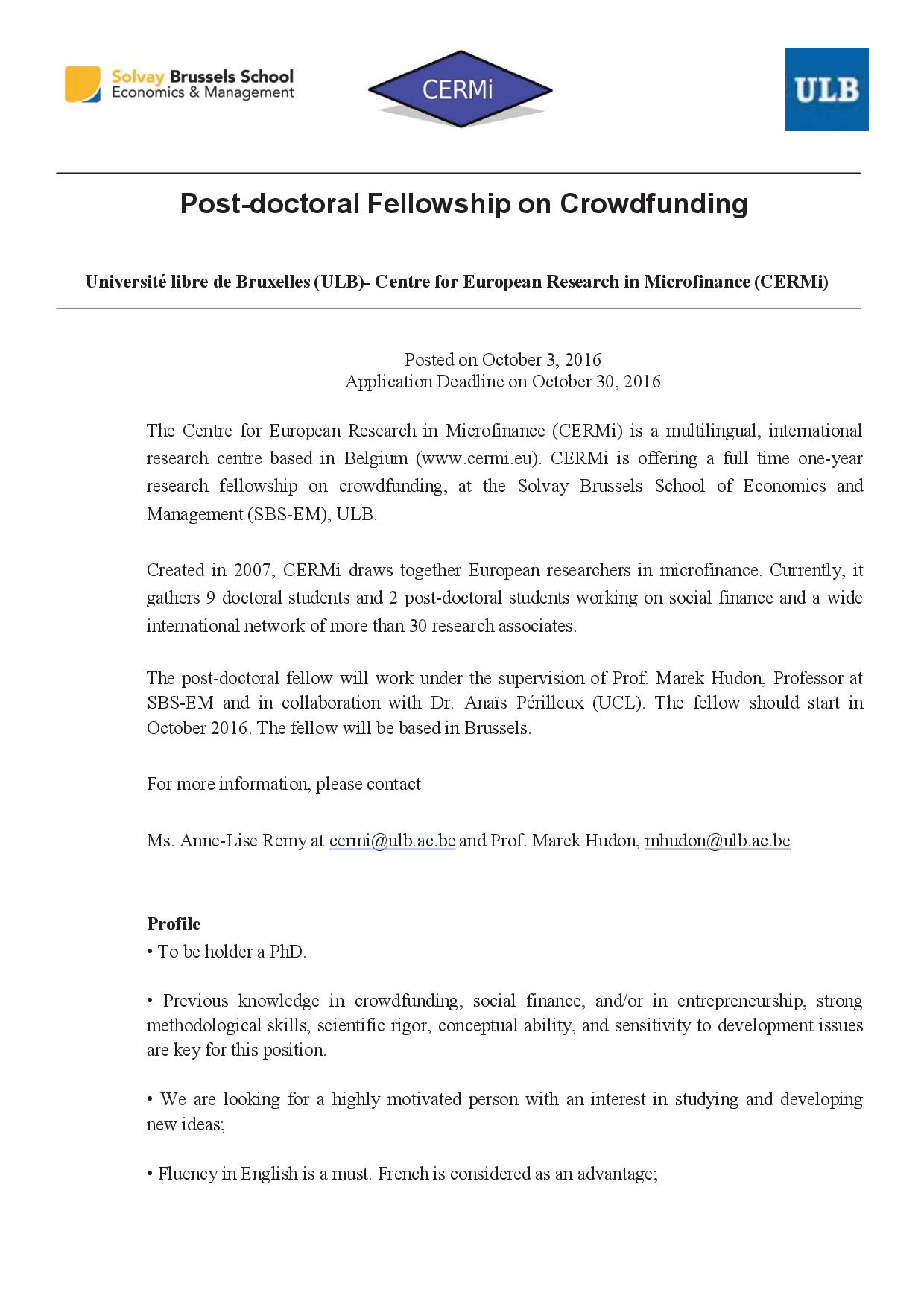
Tuesday, September 20, 2016
Discover our 12th CERMi Newsletter (September 2016)!
What you'll find in this edition :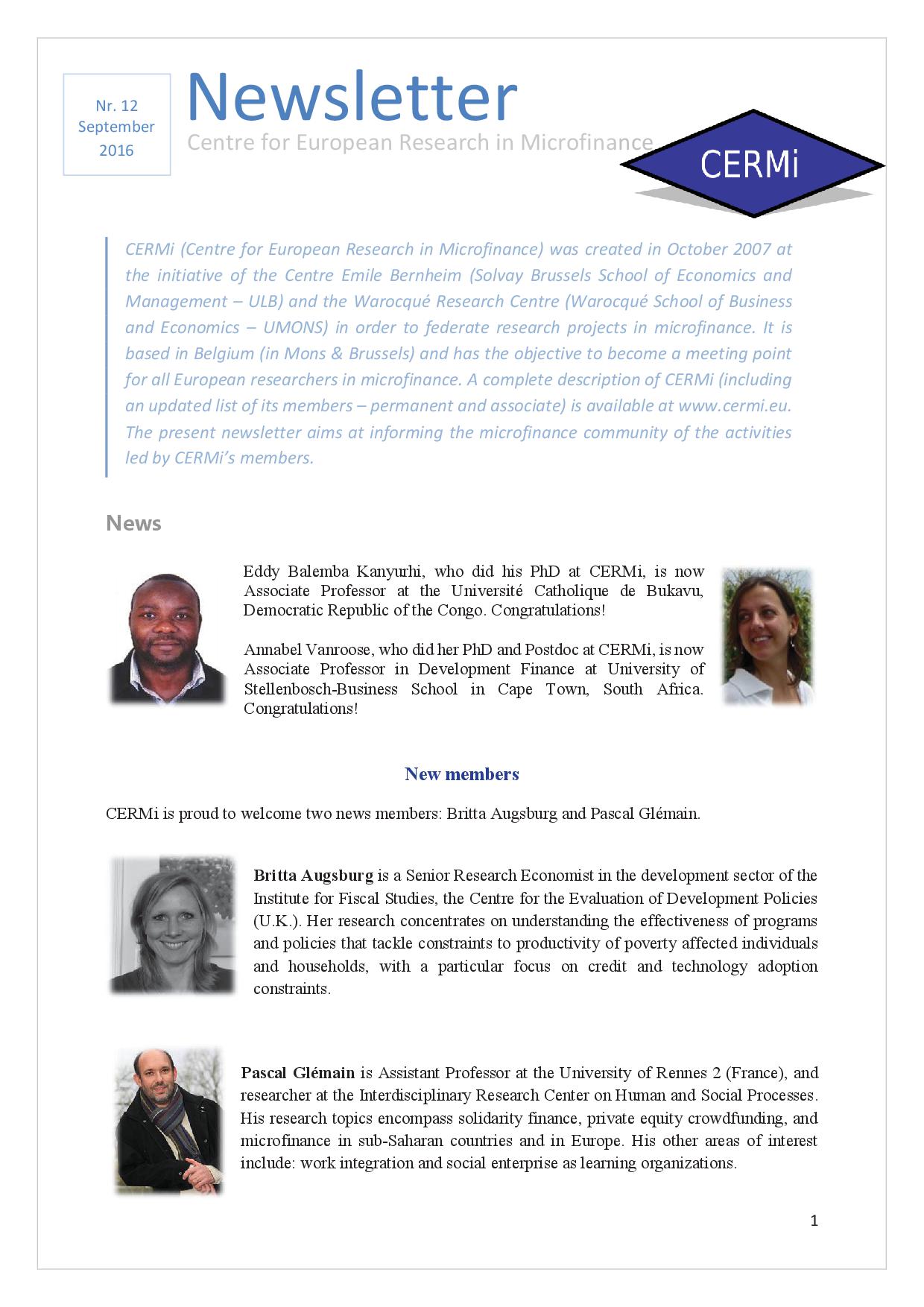
- Coming events at CERMi
- Recent events at CERMi
- Awards and prizes
- Recent publications by CERMi members
Friday, September 16, 2016

Annabel Vanroose, who did her PhD and Postdoc at CERMi, is now Associate Professor in Development Finance at University of Stellenbosch-Business School in Cape Town, South Africa. Congratulations!
Friday, May 27, 2016
New article in Journal of Economic Issues by CERMi researchers Simon CORNÉE, Panu KALMI, and Ariane SZAFARZ:
"Selectivity and Transparency in Social Banking: Evidence from Europe"
Thursday, April 21, 2016

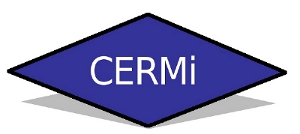
CERMi and Université de Rennes 1 co-organize a workshop on:
« Recent Advances in Social Finance ».
It will be held in Rennes on Thursday, June 2, 2016.
Tuesday, April 19, 2016
The Activity Report 2015 is available!
Monday, April 18, 2016
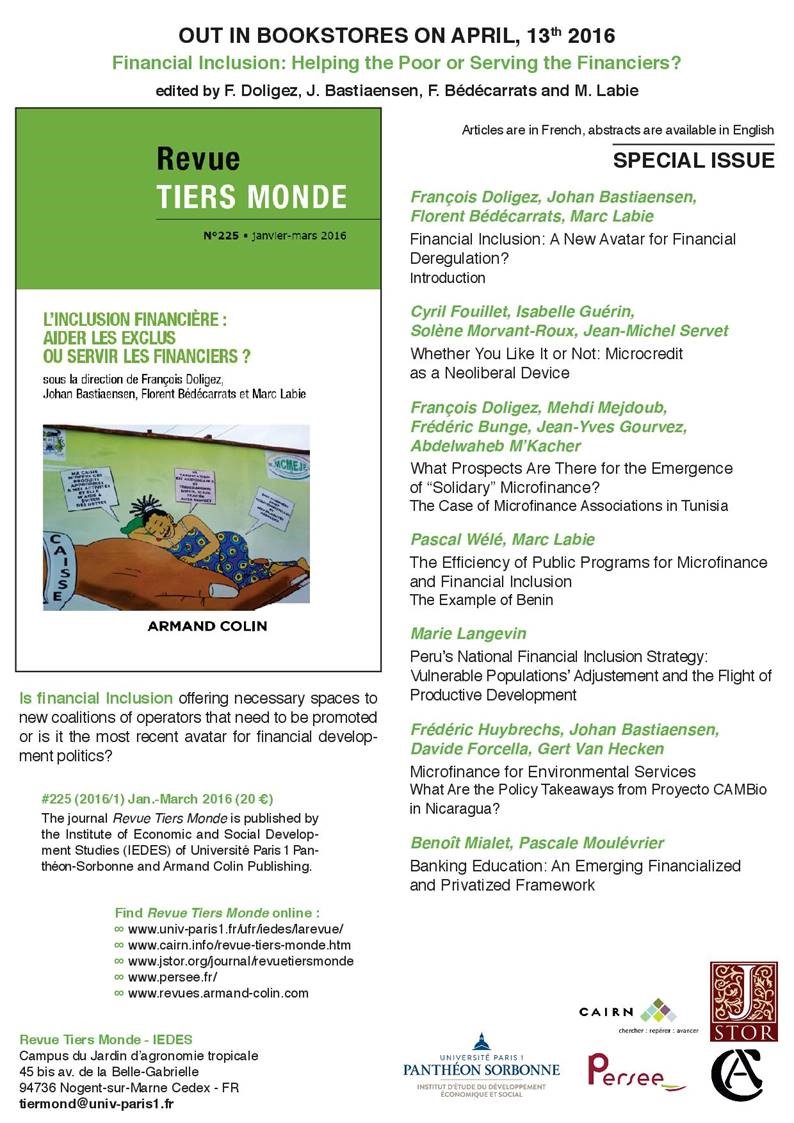 CERMi is pleased to announce the publication of the last edition of the Revue Tiers Monde on “Financial Inclusion: Helping the Poor or Serving the Financiers?” edited by F. Doligez, J. Bastiaensen, F. Bédécarrats and M. Labie.
CERMi is pleased to announce the publication of the last edition of the Revue Tiers Monde on “Financial Inclusion: Helping the Poor or Serving the Financiers?” edited by F. Doligez, J. Bastiaensen, F. Bédécarrats and M. Labie.
Friday, January 8, 2016
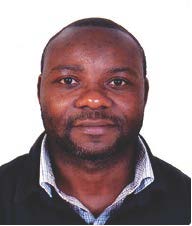 Our former PhD student Eddy Balemba Kanyurhi was appointed Associate Professor by the Board of Directors of UCB, since December 31, 2015.
Our former PhD student Eddy Balemba Kanyurhi was appointed Associate Professor by the Board of Directors of UCB, since December 31, 2015.
Congratulations to him!
Monday, January 4, 2016
Simon CORNÉE (University of Rennes 1, France, and CERMi), Panu KALMI (University of Vaasa, Finland), and Ariane SZAFARZ (ULB, SBS-EM, CEB and CERMi, Belgium) are the recipients of the 2016 WARREN SAMUELS PRIZE for their paper "Selectivity and Transparency in Social Banking: Evidence from Europe" presented at the ALLIED SOCIAL SCIENCE ASSOCIATIONS (ASSA) meetings in San Francisco (January 2016).
The Warren Samuels Prize is awarded by the Association for Social Economics to a paper, presented at the ASSA meetings, that best exemplifies scholarly work that is of high quality, is important to the project of social economics, and has broad appeal across disciplines.
To download the paper: https://ideas.repec.org/p/sol/wpaper/2013-221488.html
For more information on the Warren Samuels Prize: http://socialeconomics.org/?page=awards_and_grants&side=warren_samuels_prize
Friday, December 11, 2015
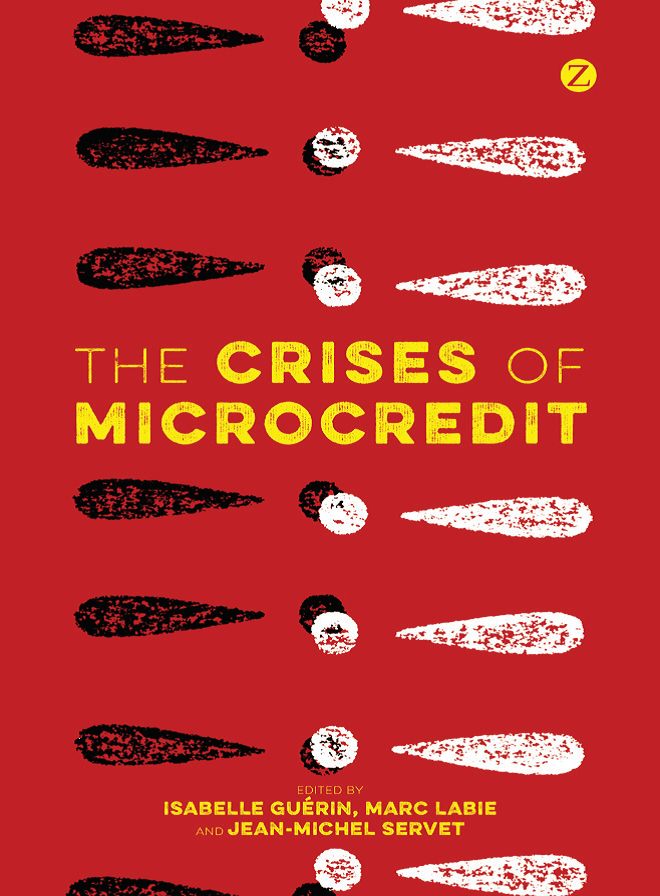 The Centre for European Research in Microfinance (CERMi) is proud to announce the release of the book The Crises of Microcredit (London: Zed Books, 2015), edited by Professors Isabelle Guérin, Marc Labie and Jean-Michel Servet, all associated with CERMi, as the outcome of the research project “Microfinance in Crisis”... (read more)
The Centre for European Research in Microfinance (CERMi) is proud to announce the release of the book The Crises of Microcredit (London: Zed Books, 2015), edited by Professors Isabelle Guérin, Marc Labie and Jean-Michel Servet, all associated with CERMi, as the outcome of the research project “Microfinance in Crisis”... (read more)
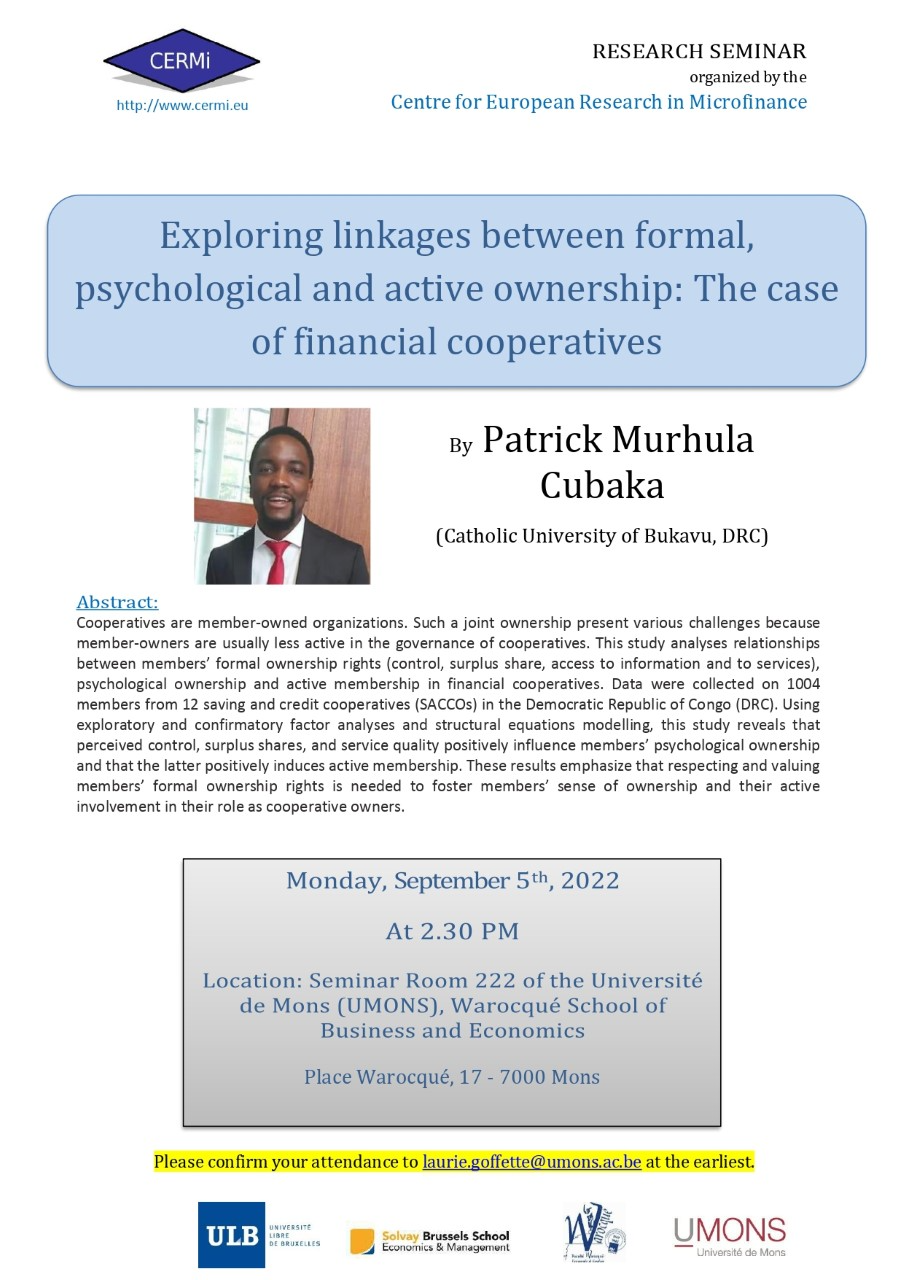
_.jpg)
01_.jpg)